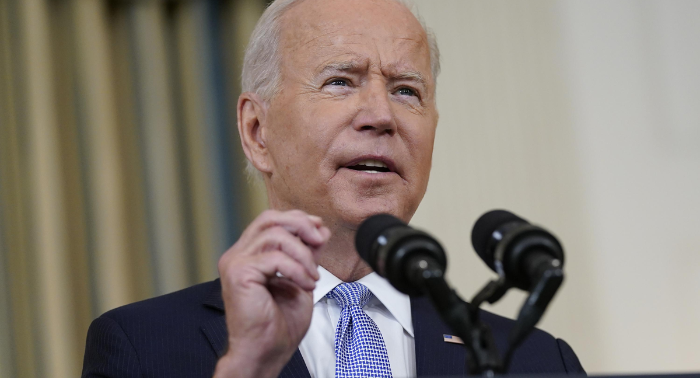United Nations Secretary-General Antonio Guterres issued a stern warning to Israel on Tuesday, emphasizing that Prime Minister Benjamin Netanyahu’s rejection of a two-state solution could prolong the conflict indefinitely, posing a threat to global peace and empowering extremists worldwide.
In his most strongly worded statement to date on the Israeli-Hamas conflict, Guterres addressed a ministerial meeting of the U.N. Security Council. He stressed the importance of recognizing “the right of the Palestinian people to build their own fully independent state” by all parties involved, while firmly rejecting any refusal to accept the two-state solution.
Guterres emphasized that an alternative one-state solution, with a significant Palestinian population lacking freedom, rights, and dignity, would be unthinkable. He warned of the growing risks of regional escalation, pointing to countries such as Lebanon, Yemen, Syria, Iraq, and Pakistan, where the conflict’s effects are already being felt. He urged all parties to step back from the brink and consider the devastating consequences of a wider war.
Netanyahu’s rejection of a Palestinian state in any post-war scenario has created a significant divide with Israel’s closest ally, the United States, which advocates for negotiations leading to a two-state solution, enabling Israel and the Palestinians to coexist peacefully. This goal is supported by nations worldwide, as reaffirmed by ministers and ambassadors during the meeting.
The U.N. secretary-general reiterated his longstanding call for a humanitarian cease-fire, a plea that enjoys nearly unanimous international support.
However, Israel’s Ambassador to the U.N., Gilad Erdan, once again rejected a cease-fire, citing Hamas’ commitment to future attacks aimed at Israel’s destruction. Erdan argued that halting the fighting would only provide an opportunity for the militants to regroup and rearm. He urged the Security Council to address the root cause of the conflict, which he identified as Iran.
Erdan strongly criticized the presence of Iran’s foreign minister at the council meeting, alleging Iran’s provision of weapons to Hamas, Hezbollah fighters in Lebanon, and Houthi militants in Yemen. He warned of these actions occurring under a nuclear umbrella in the near future.
It’s worth noting that Iran has consistently denied pursuing nuclear weapons and maintains that its nuclear program is entirely peaceful. Nonetheless, the U.N.’s nuclear watchdog has expressed concerns about Iran’s enriched uranium stockpile potentially being used for nuclear weapons.
Riyad al-Maliki, the Palestinian foreign minister, condemned Israel’s ongoing bombing campaign as one of the most brutal since World War II. He pointed out the dire consequences, including famine and mass displacement, and characterized it as an assault on humanity that has claimed countless innocent lives.
The Health Ministry in Gaza, under Hamas control, reports over 25,000 Palestinian casualties since the war began, with extensive destruction, the displacement of roughly 85% of Gaza’s 2.3 million population, and a quarter of the population facing starvation.
Al-Maliki asserted that Israel perceives Palestinians as a demographic threat rather than a political reality to coexist with. He described Israel’s offered choices to Palestinians—death, displacement, or subjugation—as equivalent to “genocide, ethnic cleansing, or apartheid.”
Al-Maliki stressed that there are only two possible future paths: one leading to Palestinian freedom and lasting Middle East peace and security, and the other denying freedom and perpetuating the region’s suffering through ongoing conflict.




